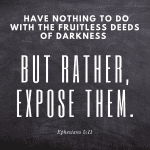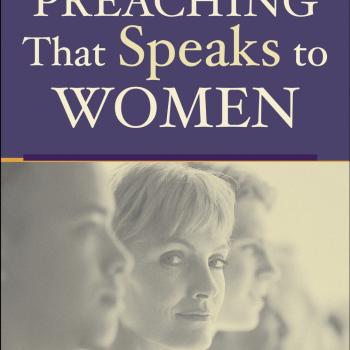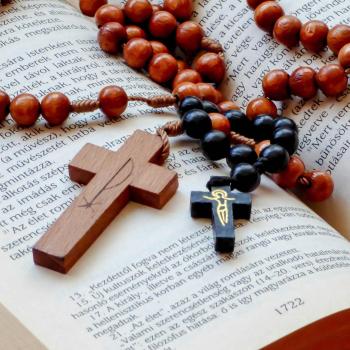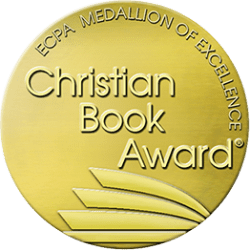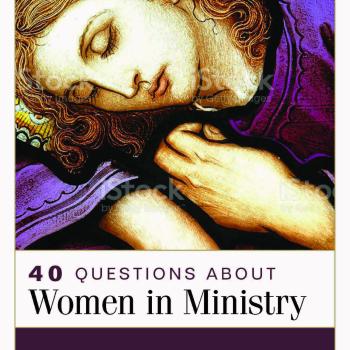
As I plow through a load of edits on our manuscript answering forty questions on women in church leadership, I’m reminded on every page of our extensive bibliography. We read or consulted over 200 books, articles, and blog posts! If the topic of women in church leadership interests you, these resources (some shared in an earlier post) will benefit your own research.
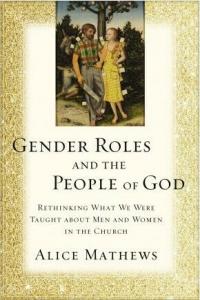 Gender Roles and the People of God, by Alice Mathews (no relation, unfortunately)
Gender Roles and the People of God, by Alice Mathews (no relation, unfortunately)
Author, radio host, and longtime professor at Gordon-Conwell Theological Seminary Alice Mathews surveys women in the Bible and throughout church history, demonstrating both the inspiring contributions and hurdles familiar to women. She investigates the difficult biblical passages often used to preclude women from certain areas of service, pointing to better and more faithful understandings of those verses. Mathews’s “egalitarian complementarity” shows men and women partnering together, using all of their gifts to serve the church.
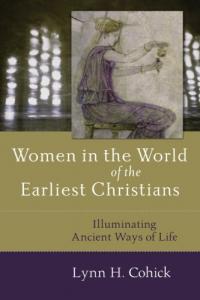 Women in the World of Earliest Christians, by Lynn Cohick
Women in the World of Earliest Christians, by Lynn Cohick
Women may not be listed on leadership rolls or given public titles, but their contributions to society and the church are nevertheless significant, Cohick finds in this history of first-century Jewish and Greco-Roman women. She organizes the book around three major spheres of life: family, religious community, and society in general. The book corrects our understanding of early Christian women by offering an authentic and descriptive historical picture of their lives. “Her presentation of the life of the ordinary Roman woman from Greco-Roman, Jewish, and Christian sources is a model of careful exploration and nuanced reconstruction” (reviewer comment).
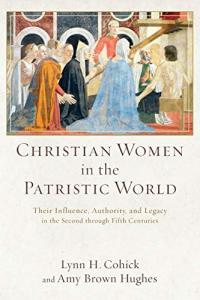 Christian Women in the Patristic World, by Lynn Cohick and Amy Brown Hughes
Christian Women in the Patristic World, by Lynn Cohick and Amy Brown Hughes
The New Testament includes women, but what roles did Christian women play in the early, post-first-century church? Cohick and Hughes highlight Christian women—as preachers and philosophers, martyrs and empresses, virgins and mothers—who influenced the shape of the church in its formative centuries. A work of history, this book covers the 2nd–5th centuries of the church, highlighting the social and theological contributions women made to shaping early Christian beliefs and practices.
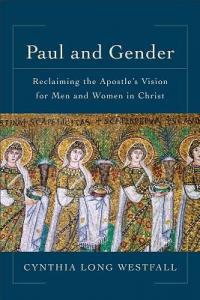
Paul and Gender: Reclaiming the Apostle’s Vision for Men and Women in Christ, by Cynthia Westfall
Rather than interpreting independent passages within the apostle Paul’s writings, Westfall places those passages in the context of Paul’s theology as a whole. She offers viable alternatives for some notorious interpretive problems in certain passages, reframes gender issues in a way that stimulates thinking, promotes discussion, and allows men and women to serve in their giftings.
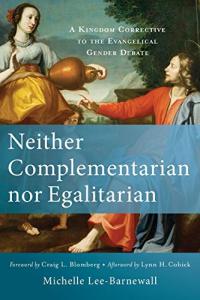 Neither Complementarian nor Egalitarian: A Kingdom Corrective to the Evangelical Gender Debate, by Michelle Lee-Barnewall
Neither Complementarian nor Egalitarian: A Kingdom Corrective to the Evangelical Gender Debate, by Michelle Lee-Barnewall
Could it be that our terms for differing perspectives on women in the church are imperfect and need adjustment? Lee-Barnewall critiques both sides of the debate, challenging the standard premises and arguments and offering new insight into this divisive issue in the church.
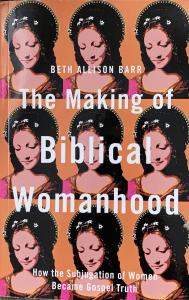 The Making of Biblical Womanhood, by Beth Allison Barr
The Making of Biblical Womanhood, by Beth Allison Barr
Professor of History at Baylor University, Barr posits that patriarchy, the cultural system in which men hold power, has morphed in recent decades into complementarianism, the theology that says God made men and women equal in being but separate in function. “Biblical womanhood isn’t biblical,” she says. It arose from a series of clearly definable historical moments. Her book moves the conversation about biblical womanhood beyond the minutiae of grammar and theology and into the realm of church history—ancient, medieval, and modern—to show that this belief is not divinely ordained but a product of human civilization that continues to creep into the church.
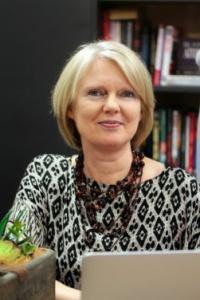
Blogger/Theologian: Marg Mowczko. The Australian theologian writes articles about the mutuality and equality of men and women in Christian marriage and ministry, plus Bible studies and articles about new life in Jesus. Her grasp of Greek is rivaled only by her ability to communicate her research in understandable terms. She remains active online and can be reached on social media or through her website.
As I compiled this list from my personal library, I noticed that most authors on the topic are female. But I do have a good selection of works by men, as well as compilations including essays from both men and women. I will compile these for a follow-up post. I’m thankful for scholars who pour themselves into research, seeking to find and communicate truth for the rest of us.
*Links are affiliate.

